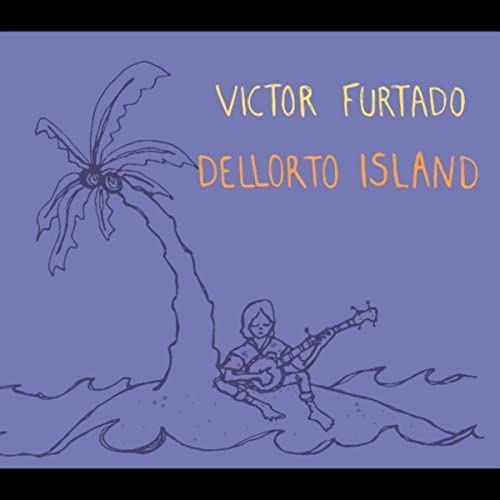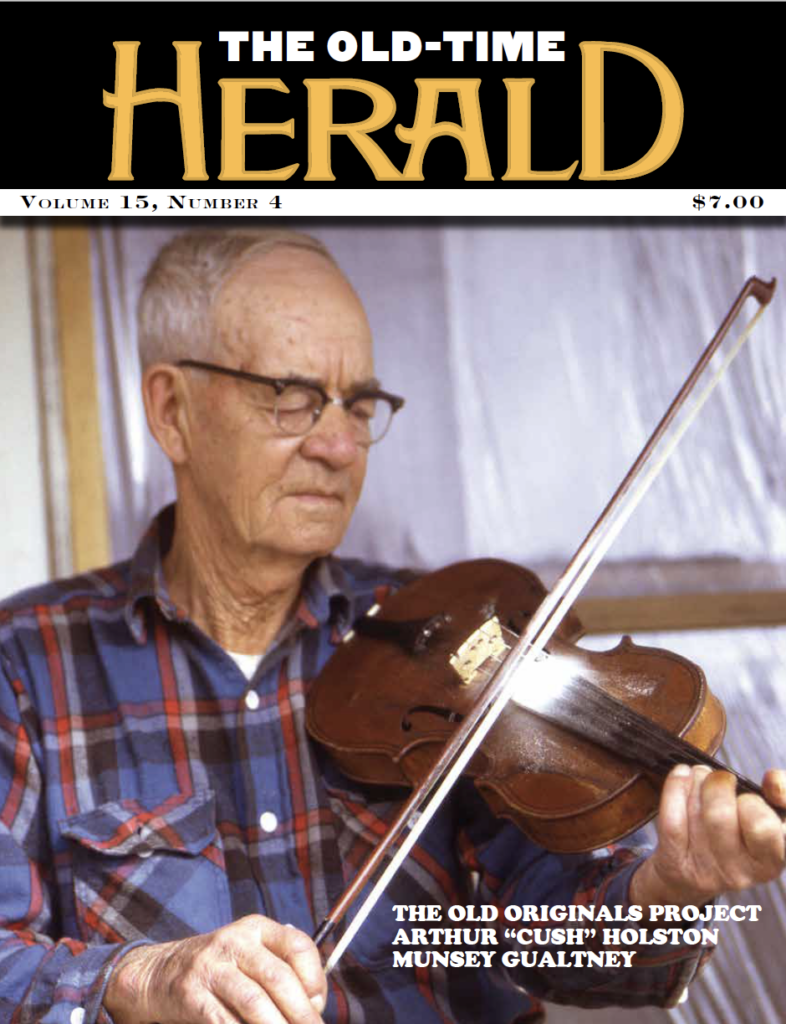Here’s a fine album that presents potential buyers with a couple of caveats. It’s credited solely to Victor Furtado, and its cover drawing shows a lone banjo plunker seated on a tiny desert island. Surely this is a solo banjo record, you’d think. Wrong! There are only a few banjo solos on the album. Most of it is ensemble playing, and the banjo, while prominent, isn’t necessarily the dominant instrument. As for the title track, a banjo solo named for a Moped carburetor, it may be the one you’d be least likely to set for repeat play.
On much of this album, Victor Furtado doesn’t fit the mold of the typical dazzling fleet-fingered banjo wunderkind. (Maybe that’s a bluegrass thing.) This is reportedly his third album, though the first to this reviewer’s ears. He may have flexed flashier chops on his earlier albums. This one’s plenty good, it’s just not what you’d expect of a 19-year-old whiz banjo player. But upending expectations ain’t all bad.
The opener, “Rattletrap,” is a high-spirited romp with the three fiddlers leading the fray. It conveys the energy of the best informal old-time gatherings: “Victor learned most of the traditional pieces heard on this album during festival jams,” Stephen Wade writes in the liner notes. Those pieces include the rollicking “Grub Springs,” exemplary of the sure but spirited musicianship that holds sway here. Alongside festival faves are a couple of songs not of old-time origin, Layla McCalla’s “Heart of Gold” and Flatt & Scruggs’ “If I Should Wander Back Tonight,” the latter slowed considerably and delivered in a style more balefully honkytonk than bluegrass.
Not that bluegrass elements are absent: they’re pleasingly present on “Denver Belle,” on which all the players solo. Were it not for the presence of a clawhammer banjo, this could be a track by a top-notch contemporary bluegrass band.
His seven original compositions here are a mixed bag, ranging from the understated simplicity of “Rusty” to the fleet descending cascade of notes that stumble from the quirky closer, “Tirth.” The album is paced in such a way that Victor seems to be holding his fire till near the end, where his chops as well as his musical imagination come fully to the fore. The penultimate tune, “Bear Chase,” is an antic original that gives all the players solo space, a la contemporary bluegrass, and roils with the energy and humor you’d expect of a 19-year-old banjo whiz kid. Fiddler Nate Leath is a standout here, his bluesy lines recalling the great Vassar Clements.
Title track excepted, Dellorto Island is a musically satisfying (and generous, with a playing time of 71:37) collection, provided you’re open to eclecticism that is adventurous but not over-reaching. To this reviewer’s ears it’s overall more a band record than a Victor Furtado solo album. That’s not an indictment, just a marketing observation. Still, Victor’s original compositions are noteworthy for their simple directness: they seem to grow organically from his experiences with his instrument and his musical community. Stephen Wade offers what could be read as a cautionary note, calling him “a virtuoso now poised to enter conservatory…” Here’s hoping it doesn’t change him too much.


Leave a Reply